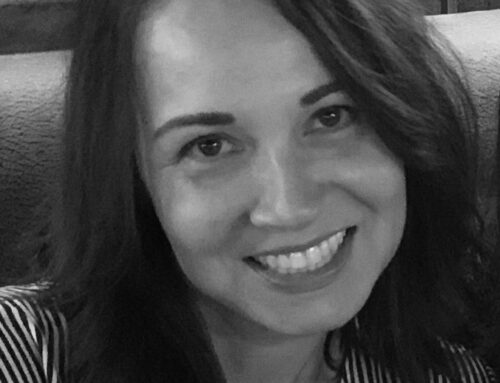by Susan Dubuque
In 1978, I wrote the title for a book: The Ladder Goes Both Ways: Diary of a Career Descender. Here is the back story.
I was just hired as the CEO for a non-profit organization—a position for which I was totally unqualified. In the likely event that everyone would discover that I was a fraud and that I would be fired in a matter of months, I needed to formulate a rationalization. Voilà– the Ladder was born.

My thesis was simple. Not everyone is truly motivated to continually be on an upward career trajectory. There are people who would actually prefer to take a step back down to recapture their passion and joy, or jump onto a different ladder and seek a new path. I posited that some people give in to the pressure of others’ expectations for them and feel compelled to continue their upward climb despite their personal desires.
Consider the context.
In the 70s we were all clawing and scratching our way up the corporate ladder. This was especially true for women. In fact, the term “the glass ceiling” was coined by Marilyn Loden in 1978.
Each Saturday I would wake up early, don my business suit and a crisp shirt, stuff my pockets with business cards and head out to the Peninsula Women’s Network (PWN) meeting. PWN was a professional development organization designed to help women learn networking, corporate gamesmanship and, in general, how to navigate a business world dominated by men. But was that what I really wanted? Did I truly want to advance higher?
I went as far as developing a content outline for my book, and I even gave a presentation on the subject at a women’s conference. As you might imagine, the audience reaction to my talk was mixed. Some people thought I had lost my mind. Many got the concept although didn’t think it applied to them. But a few secretly whispered words of appreciation. I had captured and articulated precisely what they were feeling, too.
As things turned out, I wasn’t fired. In fact, I thrived in my executive position for four years. At that point, I decided to follow my own advice. I hopped from one ladder to the next and started a new career path owning my own marketing firm that has lasted for 36 years (so far).
But I never forgot the lessons learned through this process of reflection so many years ago. Whether you want to climb higher on the organization chart, take a step back or move in a whole new direction, here are a few tips to remember:
Set Your Own Course. Make goals and commit them to writing. There is a great book title that says it all,If You Don’t Know Where You’re Going, You’ll Probably End Up Somewhere Else.So true!
Be Aware of Evil Expectations. Who is influencing your career direction—your spouse, partner, parents, friends, co-workers, mother-in-law? The speed, altitude and the direction of your career need to be up to you.
What Are Your Fear Factors? What are the barriers that are holding you back? Envision the outcome if you succeed in your career transition or if you don’t. What’s the worst that can happen? When I left the security of my job to start a business, I was terrified of losing my house. So, I found an apartment that I could afford even if I was working at McDonalds. And the fear melted away.
Avoid the Long-Road Syndrome. If you are feeling overwhelmed by the prospect of making a dramatic change in your career, just do one thing every day toward the end that you desire.
Keep Your Priorities Straight. Life is not an accumulation of stuff—family and friends are a lot more important. Make sure your ladder is wide and strong so you can bring others along with you. And remember, the heads you step on while going up your ladder are the same butts you have to kiss on the way down.
At the end of the day, here is my definition of career – and life – success: True success is the state of being perpetually enthralled with the process of living. It’s not about arriving, it’s about striving. It’s not about the destination – it’s about the journey. So, enjoy your journey – no matter where you take it.
Susan Dubuque is a founder and principal of NDP Advertising Agency in Richmond, Virginia. She has enjoyed her career in healthcare marketing, and in her free time she is a runner and an advocate for living organ donation.



